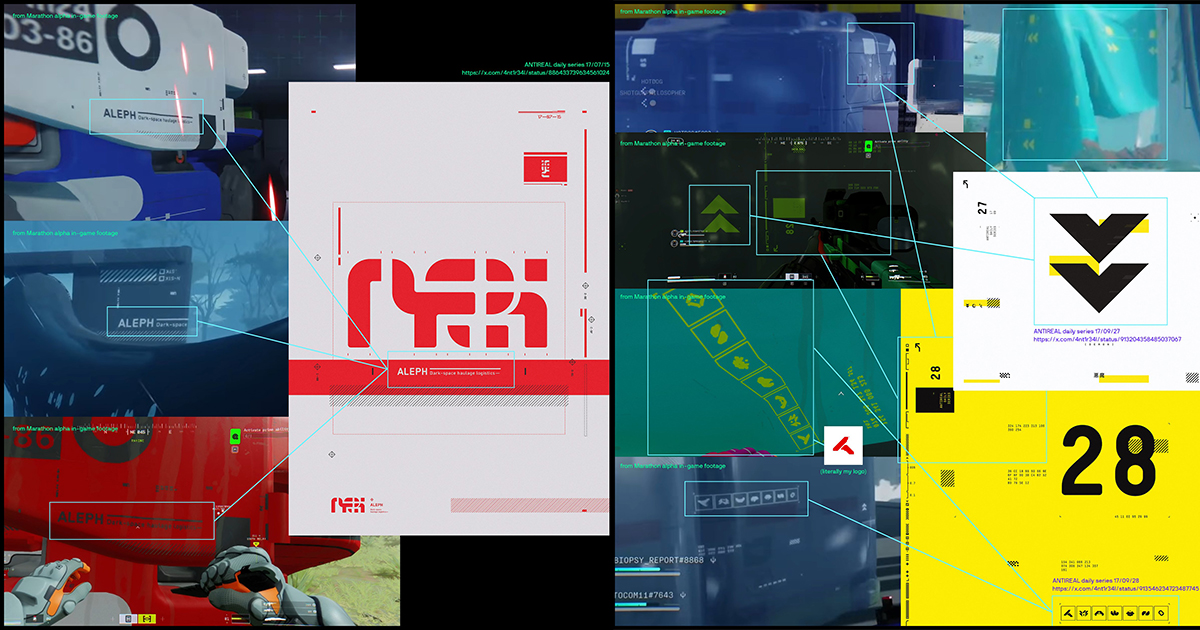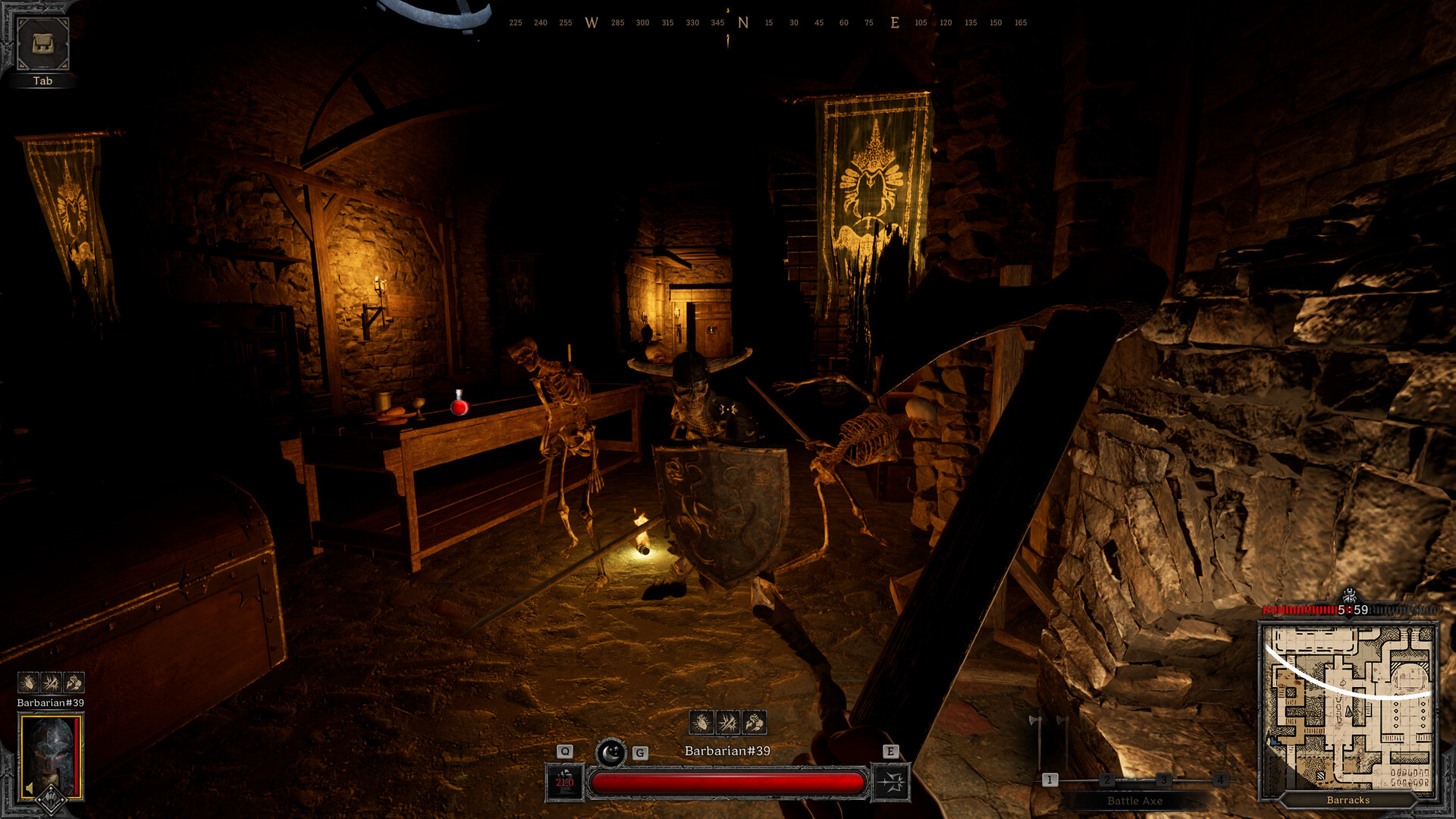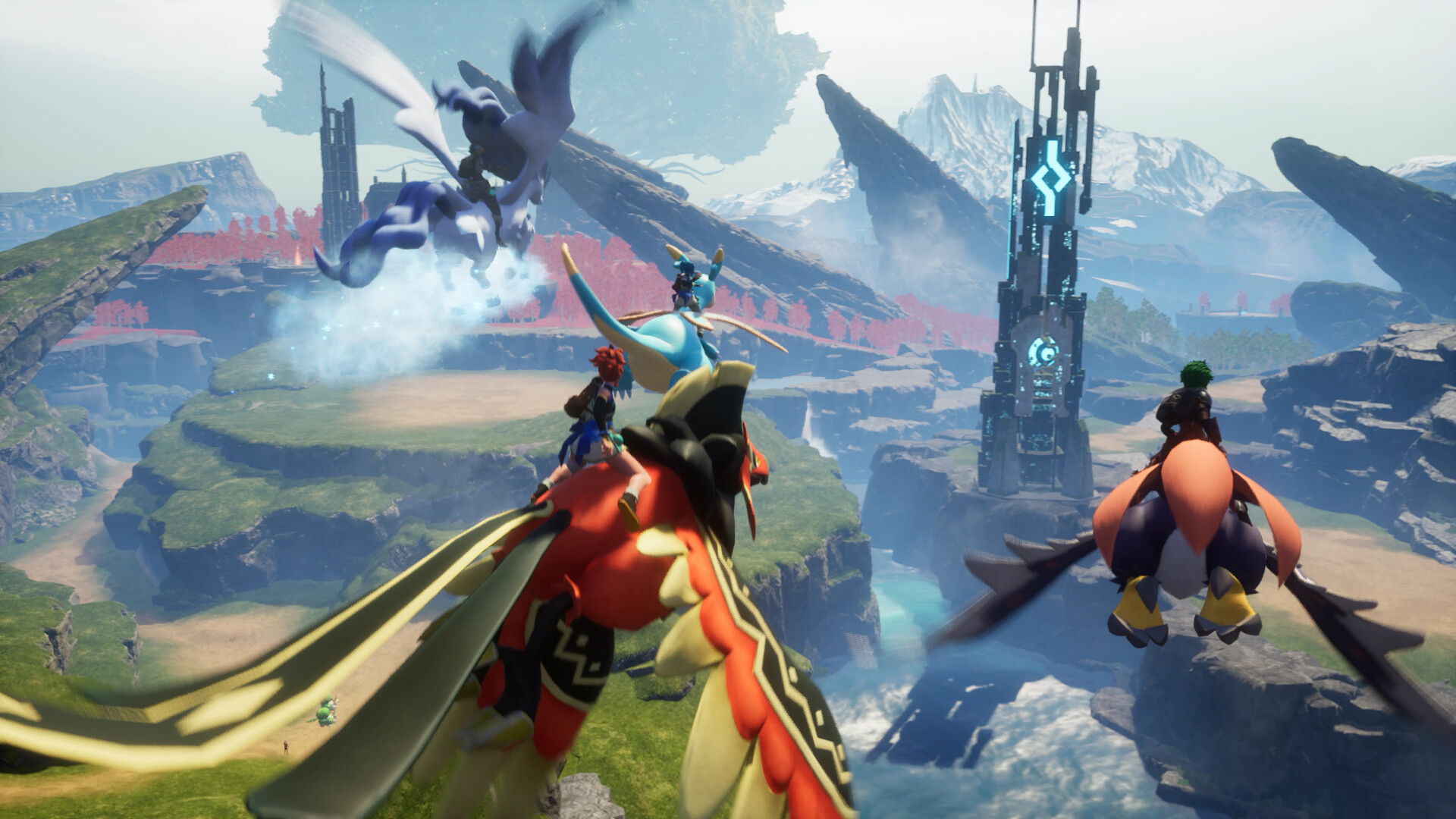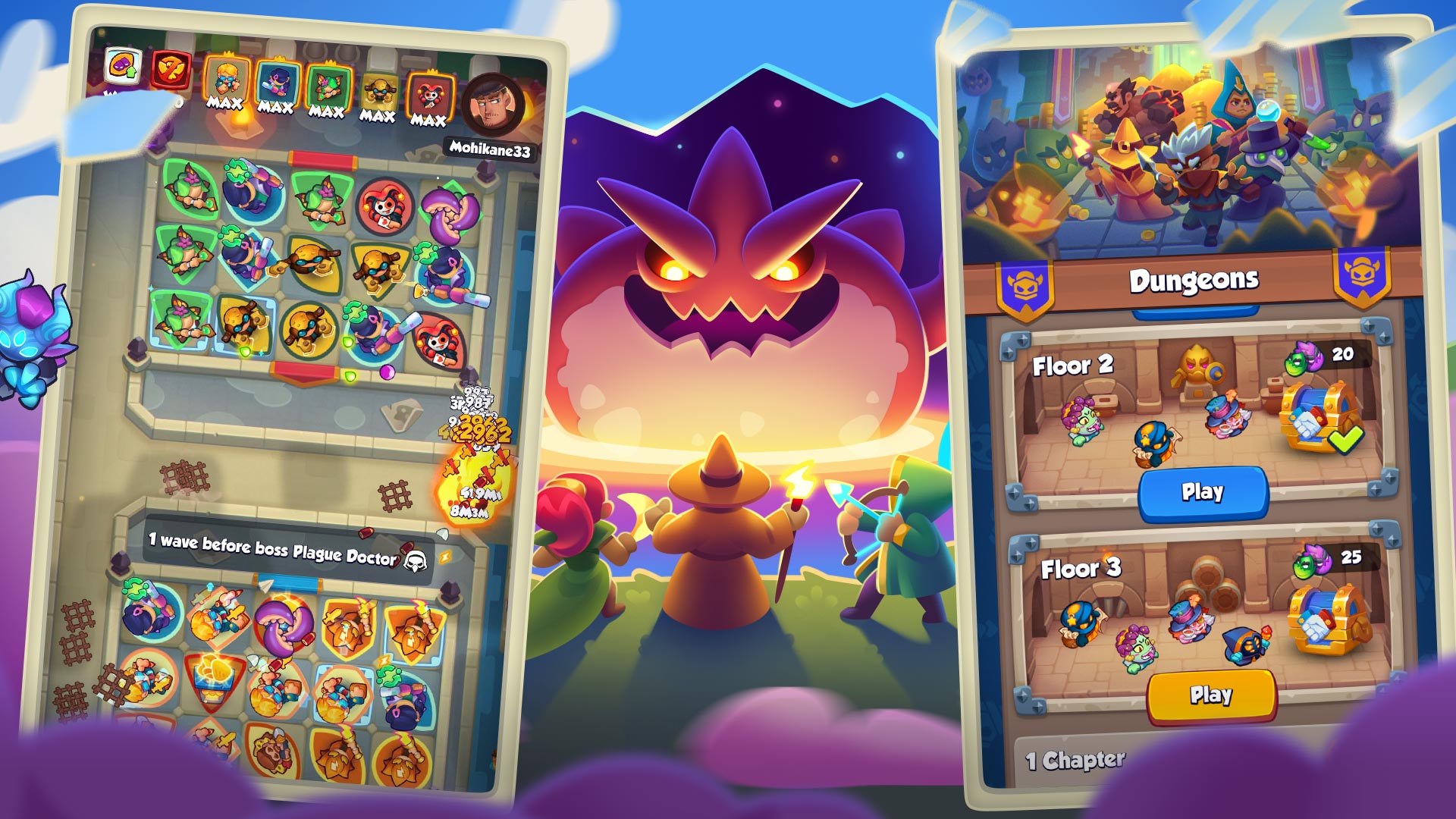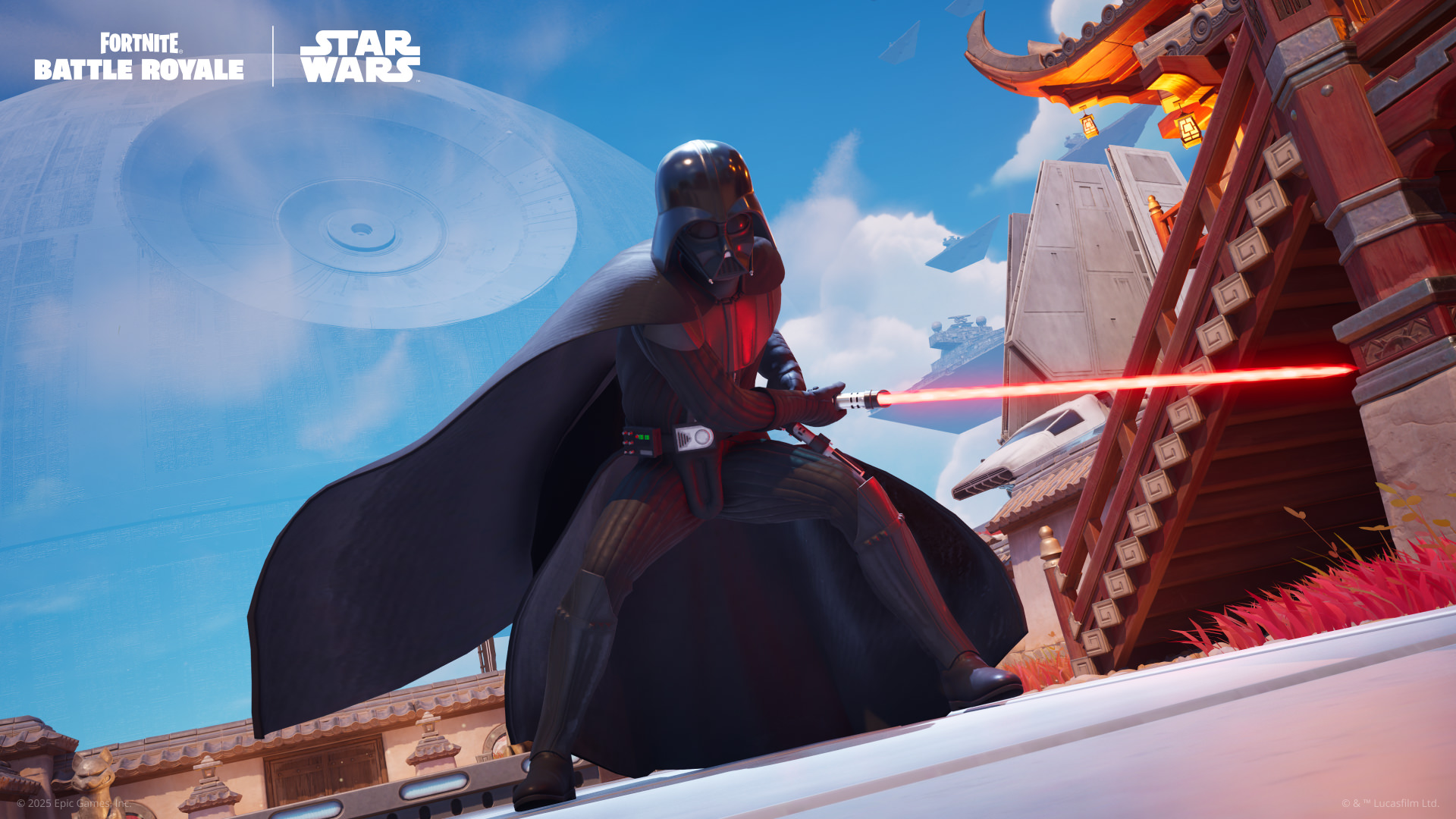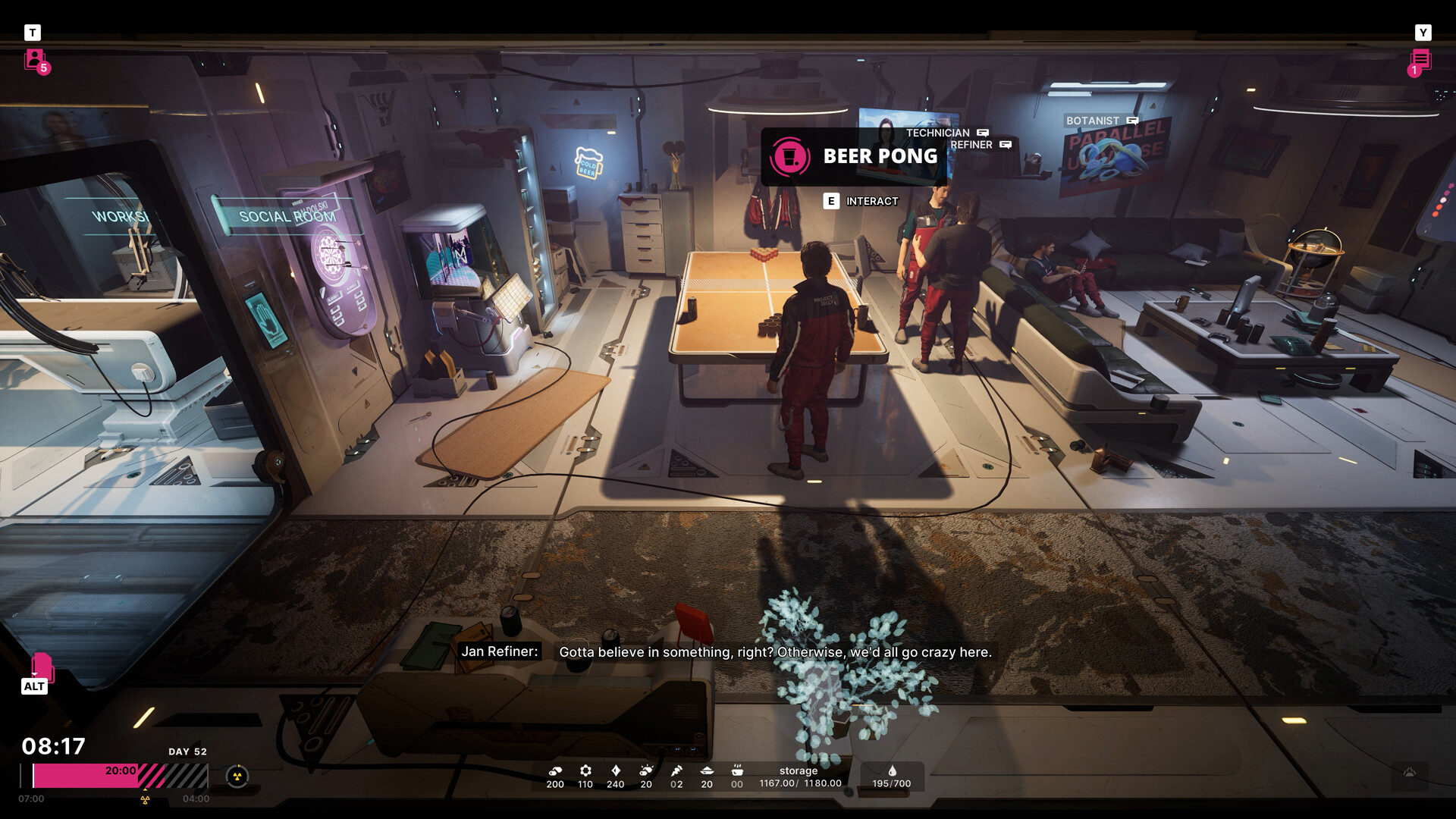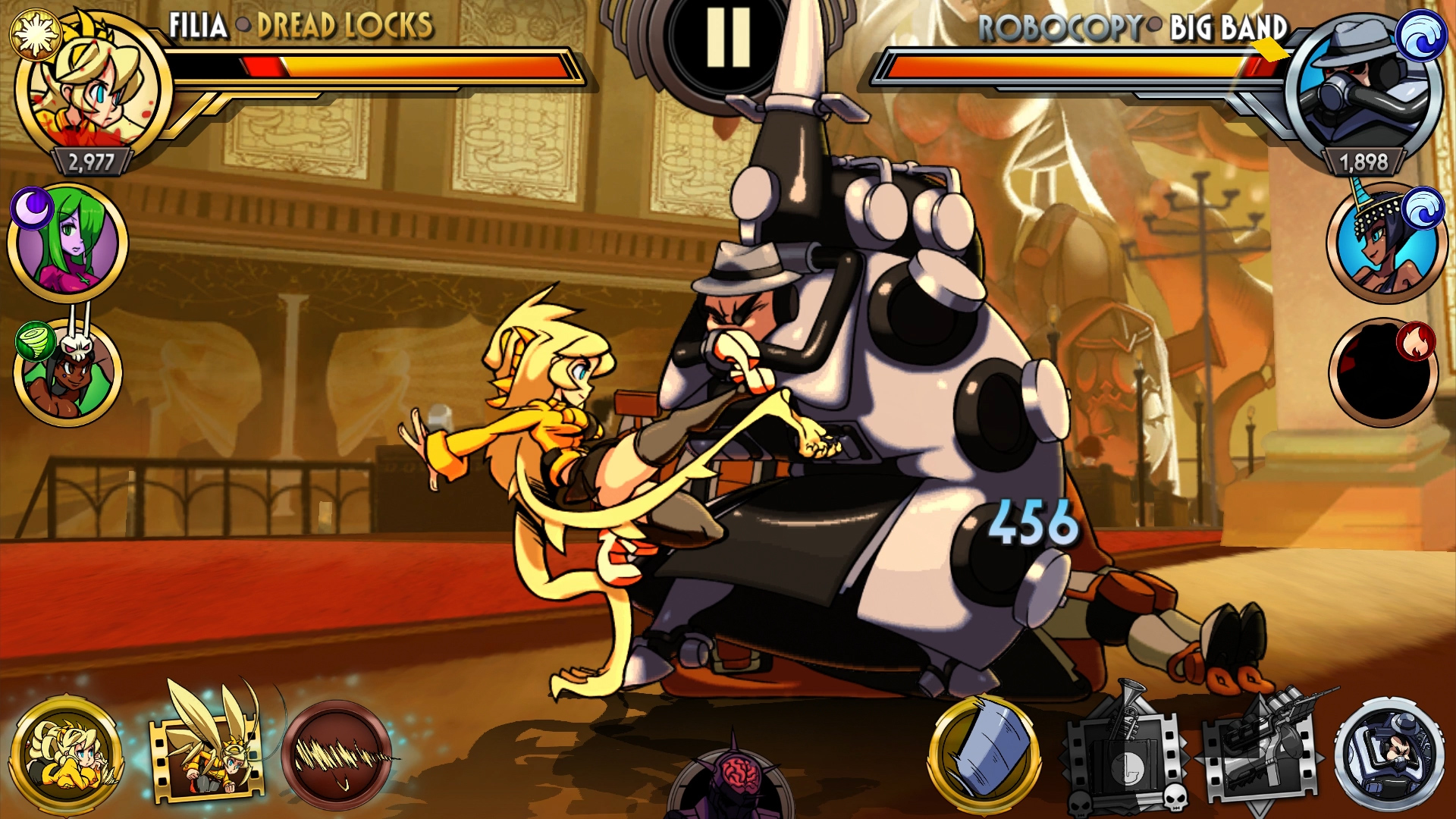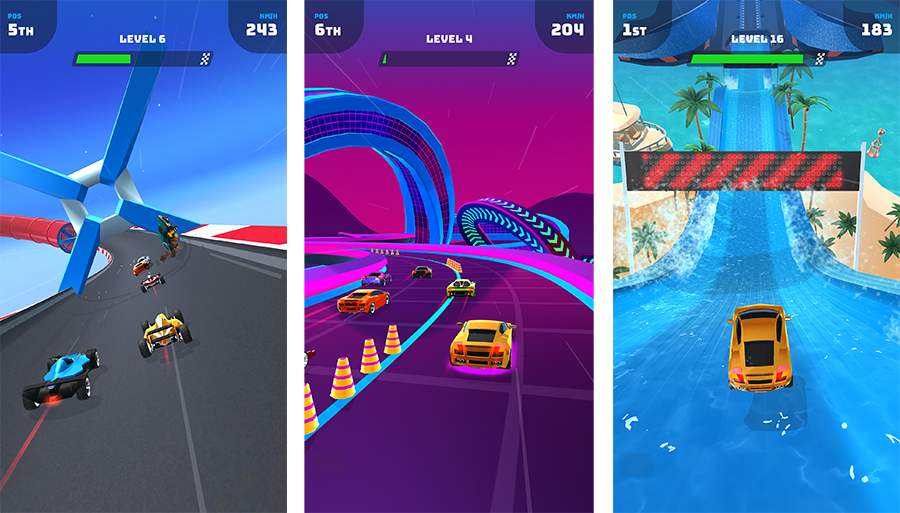Major Legal Conflicts in the Gaming Industry (January - June 2025)
The law firm Semenov&Pevzner has prepared a comprehensive report on legal conflicts in the gaming industry for the first half of this year.
These past six months were notable for mass layoffs in gaming studios, significant union activism, and the resolution of several major cases that had been ongoing for years – such as the dispute between Epic Games and Apple.
The review was prepared by Irina Gushchina, a senior lawyer at Semenov&Pevzner, Yulia Lazareva, a lawyer at Semenov&Pevzner, and Daria Pertseva, a junior lawyer at Semenov&Pevzner.
Irina Gushchina, Yulia Lazareva, and Daria Pertseva
The overview is divided into 8 sections:
- Copyright;
- Trademarks;
- Patent Rights;
- Personal Data;
- Gambling;
- Artificial Intelligence;
- Antitrust Violations;
- Miscellaneous.
The previous review (July — December 2024) can be found here.
Copyright
1. Epic Games filed a lawsuit against the developer and sellers of Fortnite cheats
In June 2025, Epic Games filed a new lawsuit in the U.S. District Court for the Eastern District of North Carolina against cheat software developer Ediz Atas (also known as Sincey Cheats and Vanta Cheats), whose software allows players to see through walls and auto-target opponents in Fortnite.
The lawsuit claims that the cheat software gives cheaters an unfair competitive advantage over players not using cheats, violates Fortnite’s end-user license agreement, and circumvents Epic's anti-cheat systems.
Moreover, after Epic Games filed DMCA takedown requests with YouTube to remove videos featuring the malicious software, Sincey Cheats sent several emails to YouTube’s copyright agent, impersonating an Epic employee and falsely claiming that Epic wanted to “officially retract the copyright infringement claim.”
Epic claimed it has “banned tens of thousands of Fortnite accounts” using Sincey Cheats since February 2022.
The company also sued five unnamed resellers who sold Sincey and Vanta cheats through various websites, Discord servers, and Telegram channels.
2. Epic Games won a $175,000 lawsuit against a Fortnite cheat developer
As we can see, Epic is very active in its fight against cheaters.
Previously, a lawsuit was filed by the developer against a Fortnite player for cheating in a tournament.
Although Epic did not publicly release the player’s name, it imposed a lifetime ban and sought $175,000 after the player “used unauthorized software and hardware and attempted to avoid detection using multiple accounts.”
“It didn’t work. Cheating has no place in Fortnite, and we do everything possible to stop it, including legal actions,” the company stated.
In June of this year, Epic reported that a judge “ruled in our favor after the cheater ignored the lawsuit.”
The player now owes $175,000, which will be donated to charity.
3. Activision continues to fight cheats: lawsuit against Legware and GameHook developers
A California court has become the stage for another round in the gaming industry's battle against cheat software. Activision filed a large-scale lawsuit against hack software developers Lergware and GameHook, accusing them of undermining the Call of Duty ecosystem. Ryan Rothholz is named as the primary defendant, who, according to the publisher, has been developing and selling cheats since 2021 through his website, later adapting them for Modern Warfare 2 and Warzone.
Activision was particularly outraged by the defendants’ response. Instead of ceasing activity following an official warning, Rothholz allegedly posted the company’s letter in Discord with mockery. The plaintiff claims this prompted a new wave of cheating, causing regular players to raise the alarm on social media. Lawyers emphasize that the creators not only profited from the hacking (up to $375 for “lifetime access”) but also enlisted accomplices to distribute the software through private channels after formally closing the stores.
The publisher insists that such practices erode trust in the franchise — players, disenchanted by cheats, are leaving projects en masse. The lawsuit includes demands for damages, a halt to software distribution, and payment of fines. Meanwhile, the Call of Duty community watches the case with hope for cleaner matches in the future.
Recall that Activision already won a similar lawsuit against EngineOwning, which awarded them more than $14 million. We discussed this in a previous review.
4. Tencent won a copyright infringement suit over Peacekeeper Elite
Defendant Li Moumou, better known as Xiaopang Commentary, infringed Tencent's exclusive rights by gathering data and “reverse engineering” the game Peacekeeper Elite to obtain and then distribute unannounced content for commercial purposes.
The infringer was ordered to apologize publicly, cease the illegal activities, and pay compensation, although the amount was not specified.
5. Square Enix settled a copyright lawsuit against the mobile game studio HK Ten Tree
In April 2022, Square Enix partnered with HK Ten Tree to work on the game Front Mission 2089: Borderscape. By October 2022, the release was canceled.
In March this year, Square Enix accused Ten Tree of using assets created for Front Mission in their game Metal Storm (also known as Mecharashi in some Asian countries) and filed a copyright infringement lawsuit.
Ten Tree promptly and publicly responded to the lawsuit, publishing a statement on the Metal Storm website expressing the intent to settle the dispute amicably.
Initially, Square Enix sought to block the Mecharashi release in the U.S., demanded the removal of all disputed materials, and sought $150,000 in compensation for each violation. However, the parties reached a consensus, and the lawsuit was withdrawn on May 20.
6. An artist accused Bungie of plagiarism
In a previous review, we reported that Matthew Kelsey Martineau, also known as Caspar Cole, filed a lawsuit against Bungie, alleging copyright infringement and claiming that the plot of Destiny 2 was copied directly from his works published on WordPress in 2013-2014.
But the accusations of plagiarism against Bungie do not end there.
Scottish artist Fern Hook discovered that Bungie used elements of her artwork in the extraction shooter Marathon.
According to the artist, the appearance of some assets very strongly resembles the design of her posters created back in 2017. Specific inscriptions and patterns match almost exactly.
Hook added that several Bungie employees have been following her on social media for years. Among them is the art director of Marathon. However, the company staff never contacted her nor asked for permission to use her designs.
Bungie acknowledged that the creations of the artist were indeed used in Marathon — they were added to the game by an employee who no longer works at the studio. Currently, the company is conducting an internal investigation to determine the reasons for the violation.
Examples of plagiarism in Marathon pointed out by the artist
In 2021, Nintendo filed a lawsuit against Dstorage after previously demanding that the company remove unauthorized games stored on the 1fichier.com file-sharing service.
The defendant was ordered to pay nearly €423,000 in damages and €25,000 in legal costs.
Dstorage appealed to the French Supreme Court, arguing that the removal of pirated content is only possible after a judicial order. However, the Supreme Court still sided with the plaintiff, recognizing Dstorage as “responsible for failing to remove access to unauthorized copies of Nintendo games stored on its platform.”
This decision is significant for the industry, as now other European file-sharing sites are obliged to remove pirated game copies upon the copyright holder’s request or face lawsuits and fines.
8. HoYoverse demands $150,000 from a streamer for showing a new character before the release
According to the lawsuit, streamer Alfredo Lopez, known by the nickname !Exciter98, streamed Honkai: Star Rail in a Discord channel with 12,000 participants. The video featured the character Kastoria, who was officially presented only at The Game Awards 2024 and was not supposed to appear in public access until the planned update.
HoYoverse claims that such leaks “spoil the release experience” for honest players and hinder marketing. The company now seeks compensation of $150,000 for the copyright violation.
The free version of Dark and Darker was once again removed due to the unfinished copyright dispute with Nexon Games. As we wrote in a previous review, the Korean company Nexon filed a lawsuit against the studio Ironmace, developers of Dark and Darker. The accusation is that Dark and Darker is the result of stolen code and assets from the game P3.
“In anticipation of potentially losing access to Dark and Darker on Epic Games, we are working on alternative solutions to allow players to continue enjoying the game,” Ironmace reported, apologizing for any inconvenience caused and pledging to share more details as soon as possible.
2. Trademarks
1. A Japanese modder received a suspended prison sentence for modding Nintendo Switch consoles
A 58-year-old man from Japan modified Nintendo Switch consoles, allowing them to run pirated games.
On April 14, he was found guilty of infringing Nintendo's trademark rights and sentenced to two years of suspended imprisonment with a probationary period of three years. The defendant was also fined about $3,500.
2. Accessory manufacturer Genki could face liability due to a lawsuit from Nintendo
Nintendo has initiated legal proceedings against accessory manufacturer Genki, accusing it of trademark infringement and spreading misleading advertising. Nintendo claims that Genki exploited the hype around the yet unannounced Switch 2 console to promote its products.
The conflict arose after Genki showcased purportedly compatible Switch 2 accessories in January 2025, although the official console release was only in June. Nintendo emphasizes that without access to the actual device, such claims cannot be substantiated and accuses Genki of either misleading consumers or unlawfully obtaining confidential technical information.
The company demands Genki cease using Nintendo logos and names, withdraw any misleading materials, and audit Genki's profits to assess potential damages, which could be tripled for trademark and unfair competition violations.
In response, Genki published a statement on social media, promising to take the lawsuit seriously and prepare a well-reasoned response.
3. Patent Rights
1. Epic Games faced a patent infringement lawsuit over its in-game communication systems
The digital communication company IngenioShare filed a lawsuit against Epic Games. The accusation is the infringement of several patented methods and devices.
In 2021, IngenioShare filed a lawsuit against Epic Games in Texas, but the lawsuit was dismissed due to incorrect jurisdiction determination. This time, the lawsuit was filed in another U.S. court.
IngenioShare owns a patent for technology that assigns digital identifiers to users and allows them to choose who can contact them, at what time, and under what circumstances.
IngenioShare claims that Epic Games has been aware of the patent infringement since 2018. The in-game communication features are crucial for Epic Games’ major titles like Fortnite. According to IngenioShare, Epic earned over $31 billion from Fortnite. The company demands royalty payments, compensation for direct and indirect violations of its intellectual property rights, and triple damages due to “willful infringement” by Epic Games.
2. Court ruled that Ariana Grande and Travis Scott concerts in Fortnite did not infringe patents
In May this year, Epic Games successfully won another patent dispute.
In 2021, Utherverse filed a lawsuit, claiming that Epic violated its patents allowing virtual attendance at celebrity concerts, specifically Ariana Grande and Travis Scott. The patents deal with solving issues related to very large virtual spaces: beyond a certain point, the computational power and bandwidth needed to add new users to this space grow exponentially.
Travis Scott's virtual rap concert in Fortnite in 2020 drew a record-breaking 12.3 million viewers. Ariana Grande's concert in 2021 was of a similar scale. Utherverse sought 15% of the revenue generated by Epic Games from both concerts.
In 2022, Epic Games filed a counter-claim, arguing that Utherverse’s patents were invalid. After several years of litigation, the case narrowed down to one patent owned by Utherverse.
Ultimately, Epic Games lawyers were able to prove that the disputed patent deals with replays of events that were pre-created before being placed in a virtual environment. As for the concerts in Fortnite, they “were not recordings of previous experiences” and therefore did not infringe on the patent.
3. Nintendo acquires new U.S. patents to continue its dispute with Palworld
As we mentioned in a previous review, in 2024 Pocketpair released a game called Palworld, which became incredibly successful overnight. In response, Nintendo claimed that Palworld infringes on its gaming patents.
On March 11, 2025, the U.S. Patent and Trademark Office (USPTO) issued U.S. Patent No. 12,246,255 to Nintendo and The Pokémon Company. The patent allows for smooth transitions from a flying object to an object moving on the ground.
In May, Pocketpair announced a change in the key game mechanics in Palworld to minimize the impact of Nintendo's patent claims on the game. This change concerns the ability of a game character to fly on a non-playable character — a feature Pocketpair demonstrated over six months before the priority date of the relevant Nintendo patents.
A final court decision on the dispute has not yet been rendered, but Palworld’s position and flexibility give reason to believe they have a high chance of winning.
4. Personal Data
1. Genshin Impact distributor agreed to pay $20 million to resolve an FTC complaint
On January 17, 2025, the U.S. Federal Trade Commission (FTC) stated that Cognosphere (a subsidiary of Chinese developer MiHoYo and publisher of Genshin Impact) violated the Children's Online Privacy Protection Act (COPPA) and misled users about the costs of in-game transactions.
According to the FTC complaint, Cognosphere advertised Genshin Impact to children under 13 and collected personal data without parental consent, against COPPA. Moreover, Cognosphere “misled players about winning odds” in loot boxes and intentionally obfuscated the process of purchasing in-game currency.
In response to the complaint, Cognosphere said that although it considers “many FTC accusations inaccurate,” it agreed to the settlement because it “values the trust [of its] community and shares a commitment to transparency for [its] players.” New parental control features and loot item probability disclosures were introduced in Genshin Impact in May and June for all U.S. players.
2. Ubisoft risks a €92 million fine for violating GDPR
The European non-profit organization NOYB (None Of Your Business) took up the case of a Far Cry fan.
NOYB was founded by privacy activist Max Schrems, who previously helped reveal allegations of personal data being transferred from Europe to the United States for use in the National Security Agency’s PRISM mass surveillance program.
Ubisoft advertises the ability to play PC games via Ubisoft Connect without an internet connection. However, while playing Far Cry Primal, the player found Ubisoft external server connections were made 150 times within 10 minutes.
Ubisoft informed the user that the internet connection is necessary to verify the game copy’s legitimacy when launching. However, according to NOYB, since the Far Cry Primal copy was purchased through Steam, it could have been verified without needing to log into a Ubisoft account.
Under European law, data collection should only occur in necessary volumes and only for predefined purposes. Therefore, according to NOYB, Ubisoft violated GDPR requirements and now could face a fine of up to €92 million (78 million pounds), which represents 4% of Ubisoft’s last year’s turnover of €2.3 billion.
5. Gambling
1. MY.GAMES violated loot box and advertising requirements for games in the Netherlands
The Dutch advertising self-regulatory body Stichting Reclame Code partially upheld a complaint against MY.GAMES regarding misrepresentation of information about its mobile game Rush Royale: Tower Defense TD, specifically regarding in-app purchases.
SCR required MY.GAMES to:
- Add information about the presence of loot boxes in Rush Royale to the game’s App Store page and promotional posts on social media;
- Disclose the probability of obtaining items from loot boxes;
- Display prices for in-game purchases not only in in-game currency but also in euros;
- Clearly and unambiguously communicate the presence of in-game advertisements in Rush Royale using language understandable to children;
- Disclose the list of advertisers;
- Cease encouraging young players to “advertise” the game themselves, for example, through referral programs where each new user earns rewards.
Notably, as SCR is not a state regulator, its demands are not legally binding. Officially, the Netherlands Authority for Consumers & Markets (ACM) monitors commercial practices of companies in the Netherlands.
MY.GAMES reported that it had already addressed the majority of violations.
Rush Royale
6. Artificial Intelligence
1. SAG-AFTRA filed a lawsuit against Epic Games over an AI version of Darth Vader in Fortnite
The SAG-AFTRA union, representing 160,000 actors and media industry workers, filed a lawsuit against Epic Games and Llama Productions, accusing them of unfair labor practices. The cause was the use of artificial intelligence to recreate Darth Vader's voice in Fortnite without union consent.
While SAG-AFTRA respects the right of James Earl Jones' heirs, who provided the original voiceover for the character, to manage his digital image, the organization is outraged that Epic Games implemented an AI voice without negotiations. The union emphasizes that even in the new technology era, performers' rights, including those who have voiced the character for years in games, must be respected.
SAG-AFTRA's statement indicated that Epic Games and Llama Productions ignored negotiations for six months, unilaterally replacing live actors with AI. This is not the first conflict between the union and the gaming industry: in summer 2023, SAG-AFTRA called a strike demanding protection of actors' rights from uncontrolled AI implementation. Though some agreements were reached since then, negotiations with major studios remain tense.
Epic Games has yet to comment on the situation, but the outcome of this dispute could set an important precedent in the fight for the rights of creative workers in the digital age. SAG-AFTRA continues to insist on transparent AI use rules to ensure technology does not take jobs away from people but rather complements their work under fair conditions.
2. AI controversy in The Alters: how temporary solutions became a reputational issue
The developers of The Alters found themselves at the center of a scandal after AI-generated text fragments were discovered in the game. Players noticed not only AI content in computer terminals but also the promps left behind and identified issues with machine translations in the Korean language. The absence of a fitting warning on the game's Steam page, which violates platform rules, caused particular outrage.
11 bit studios acknowledged the use of AI but presented it as an unfortunate mistake. According to the studio, the generated text was intended only as a temporary placeholder and accidentally ended up in the release version. As for the translations, developers cited tight schedules — several licensed videos required urgent localization, and the team opted to use AI as a temporary solution, planning to later replace it with professional translation.
This incident has become part of a growing trend — shortly before, Frontier Developments removed AI portraits from Jurassic Evolution 3 following the community's negative reaction. The Alters case shows how cautiously developers now have to approach using AI, even in workflows — any simplification can result in reputational losses.
The Alters
3. Generative AI lacks copyright protection: U.S. position
The U.S. Copyright Office officially established an important principle: works created by artificial intelligence without meaningful human input are not eligible for copyright protection. In the published report, the office made a clear analogy — if a monkey takes a photograph, no copyright is established for it, just as for content generated by AI without human intervention.
The key criterion remains a “spark of creativity,” albeit minimal. Experts note that the originality threshold is set very low, and most works exceed it. However, simply entering text requests into a neural network is not considered a creative act, even with repeated editing of the prompts. The office emphasizes that the final product reflects the system’s interpretation rather than the user’s authorial intent.
This decision resonates with the precedent-setting Feist Publications case, where the Supreme Court held that labor alone is insufficient for protection – originality is required. Simultaneously, the gaming industry was embroiled in a controversy surrounding the Catly simulator: developers had to deny rumors of AI use in the trailer after associations with the studio’s co-founder with blockchain projects.
7. Violation of Competition Law
1. Overpriced PlayStation products became the reason for a lawsuit against Sony
The Dutch organization Stichting Massaschade & Consument took up the cause of 1.7 million PlayStation owners, filing a class-action lawsuit against Sony. The core of the complaint is the outrageous pricing strategy of the company: digital versions of games in the PlayStation Store are, on average, 47% more expensive than physical copies. According to the foundation's representatives, Sony deliberately pushes users toward digital purchases, especially with the release of the PS5 Digital Edition, creating an artificial monopoly.
This isn't the first attack against Sony — a similar lawsuit in the UK since 2022 battles a 30% commission by the digital store. Notably, Sony's attempt to block the UK litigation failed, and potential payouts could reach up to £6.3 million. A global trend is apparent: Valve also came under fire in the UK with a £656 million lawsuit for restricting Steam competition, and Apple received a 500 million euro fine from the EU for anti-competitive practices in the App Store.
2. Epic Games achieved a historic victory over Apple in the U.S. court
The California federal court issued a landmark decision that could change the ground rules in the mobile industry. Apple is now required to allow developers to direct users to alternative payment systems without taking commissions on transactions outside the App Store. This decision climaxed a years-long legal battle between Epic Games and the tech giant.
The court confirmed not only the anti-competitive nature of Apple's 30% fee but also criticized the company's subsequent attempts to bypass the original 2021 ruling. Specifically, the judge pointed out Apple’s unfair practices, including introducing a 27% charge for external payments and utilizing “scare screens” to keep users within its ecosystem. Apple vice president Alex Roman was particularly criticized, with the court accusing him of giving false testimony under oath.
Tim Sweeney, Epic Games CEO, announced Fortnite's return to the American App Store and proposed a global peaceful settlement: if Apple applies the new rules worldwide, Epic will cease all lawsuits.
This decision marked the second blow to Apple recently – in February, the EU fined the company $568 million for similar violations. Though Apple has already announced plans to appeal the ruling, Epic's court victory could be a turning point that forces tech giants to rethink monopolistic practices on a global scale.
8. Miscellaneous
1. Roblox and Discord accused of "facilitating the sexual exploitation" of minors
On April 21, a girl from Florida filed a lawsuit against Roblox and Discord, alleging that the platforms facilitated her alleged sexual abuse and exploitation.
According to the lawsuit, the girl started using Roblox at age 12 with parental permission. Years later, her father discovered an adult man manipulated and coerced her through Roblox and Discord into sending explicit photos and videos, which he then used for blackmail. As a result, the girl self-harmed and attempted suicide.
A Roblox representative stated:
“Roblox is deeply committed to the safety and well-being of our community, and protecting children is our top priority. We invest significant resources in cutting-edge technology, including robust filters and moderation teams, to identify and prevent inappropriate content and behavior. We will continue to enhance our safety systems to provide a safe and positive experience for all users on our platform.”
Nintendo has requested a California court to oblige Discord to reveal the identity of the person behind last year's massive Pokémon data leak, known in the community as "Teraleak" (P.S. The name Teraleak is associated with the volume of information published online).
An unknown Discord user, going by the nickname GameFreakOUT, claimed to have the source code for Pokémon Legends: ZA (though he never published it) and the next-generation Pokémon game, along with numerous concept arts.
Moreover, the offender obtained access to personal data on over 2,000 Nintendo employees for illicit purposes.
In their statement, the company included a partially redacted screenshot from a Discord server displaying a file with confidential information and the violator’s wish for users to "enjoy."
3. Hidden Variable filed a $1.2 million debt recovery lawsuit against Autumn Games
Hidden Variable announced it ceased its involvement in the Skullgirls Mobile and 2nd Encore game development as of January 21, 2025, due to disagreements with Autumn Games.
According to Hidden Variable's statement, the dispute has been officially transferred to the Los Angeles County Superior Court.
The lawsuit alleges that Autumn Games failed to make a contractual payment of about $130,000, which was due in November 2024, along with subsequent payments. Now, the defendant owes a total of $1.2 million, plus interest.
Despite the absence of payments, Hidden Variable provided Autumn Games with necessary accounting information to avoid harm to the community and gameplay.
Skullgirls Mobile
4. Apple adapts App Store under European rules, but with reservations
In a previous review, we discussed that Apple was found guilty of violating the Digital Markets Act.
Under pressure from EU regulators, Apple has made changes to the App Store’s operation; however, new conditions have sparked criticism among developers. The company introduced a two-tier commission system linking store functionality to the amount of fees. A basic service package (5% commission) includes only minimum capabilities, while access to key tools — automatic updates, analytics, and promotion — requires a 13% payment (10% for small businesses).
Particularly objectionable was the new Core Technology Fee — 0.50 euros per app install exceeding a million per year, which applies even to alternative stores. By 2026, it plans to replace it with a 5% digital purchases tax. Epic Games’ CEO Tim Sweeney already called these changes a “malicious scheme,” recalling the ongoing legal dispute with Apple.
The European Commission, which previously fined the company 500 million euros, has yet to comment on the new rules. Apple insists it operates within the law but is ready to contest individual regulator decisions.
Beresnev Games developed the game Race Master 3D, which has earned over $100 million and been downloaded more than 450 million times. The publisher was SayGames, which also invested in the game.
In July 2024, the contract between SayGames and Beresnev Games was terminated, but SayGames disagreed and filed a lawsuit. Beresnev Games countersued, ultimately achieving a court injunction against SayGames. Race Master 3D began to be featured under Beresnev Games, but SayGames published a new game, NRG: Real Speed.
Beresnev Games claims that SayGames conspired with other parties, including former studio employees, to clone Race Master 3D.
SayGames holds a different position and does not consider its game a clone: “We are aware of recent public statements by our former partner Beresnev Games containing serious allegations against SayGames and our team. We strongly disagree with the claims contained in these statements. They are misleading and do not reflect the reality of our cooperation or the legal context.”
Race Master 3D

